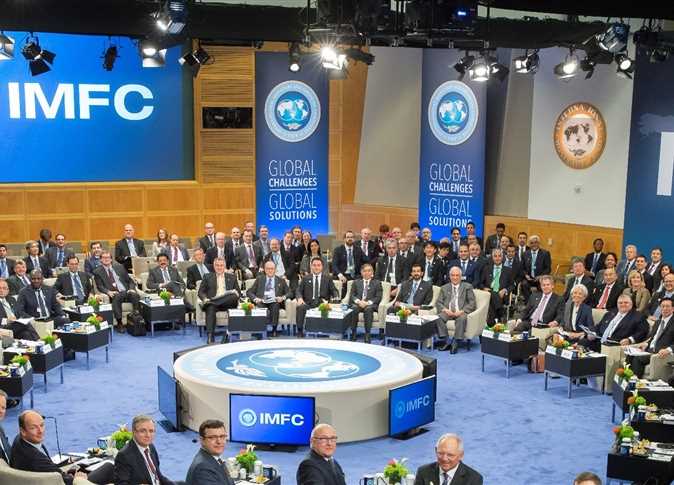Egypt will get two billion dollars from the International Monetary Fund (IMF) after every review of its economic program that has been in place since 2016.
Speaking to reporters, the IMF officials said the executive board approved on Wednesday a $2 billion tranche of Egypt’s $12 billion loan after completing the second review of Egypt’s economic reform program supported by an arrangement under the Extended Fund Facility (EFF).
The sum brings total disbursements under the program to date to about 6 billion dollars.
The IMF executive board approved in November 2016 a three-year bailout loan to Egypt worth $12 billion to support its economic reform program.
The fund stressed that Egypt’s reform program is showing welcome signs of stabilization with GDP growth recovering, inflation moderating, fiscal consolidation on track, and international reserves at the highest level since 2011.
It said Egyptian authorities have adopted the value-added tax, allowed the exchange rate to be determined by market forces, and reduced inefficient fuel and electricity subsidies.
The response from foreign investors and nonresidents has been positive: in the first six months of 2017 net portfolio inflows were by almost $15.5 billion higher than in the same period of last year.
FDI, and private remittances have also increased considerably. There is a recovery in tourism, and the non-petroleum manufacturing sector – key for job creation – is showing signs of a solid rebound. At the same time, various measures have been taken to shield the poor from the adverse effects of the adjustment process.
It said countries generally turn to the IMF for financing when they have run into economic difficulties. At the time that Egypt requested the IMF program, its international borrowing costs were substantially higher compared to about 2.7% annual interest rate for IMF money.
In addition, the IMF program served as a catalyst for support from other international and bilateral partners. The IMF financing helped Egypt ease the burden of economic adjustment by providing a financial cushion and more time to address the external and budget deficits which were the source of Egypt’s rising imbalances.
The economic reforms envisaged under the IMF supported program are designed to restore confidence in the Egyptian economy and spur growth. Restoring growth is essential to improve Egypt’s debt servicing capacity and reduce its debt-to-GDP ratio.
As for fighting corruption, the IMF said it is helping the Egyptian authorities address the issue of corruption in Egypt both in the context of the IMF-supported reform program and its annual health check of the economy, the so-called Article IV consultation. A main pillar of the reform program is its commitment to transparency and accountability.
The authorities continue to publish economic reports and data and the state budget is discussed with Egypt’s elected parliament. This allows for better management of the state funds and accountability. (MENA)








































admin in: How the Muslim Brotherhood betrayed Saudi Arabia?
Great article with insight ...
https://www.viagrapascherfr.com/achat-sildenafil-pfizer-tarif/ in: Cross-region cooperation between anti-terrorism agencies needed
Hello there, just became aware of your blog through Google, and found ...